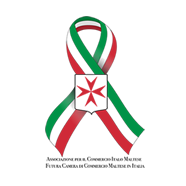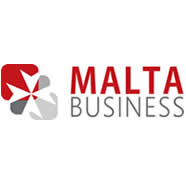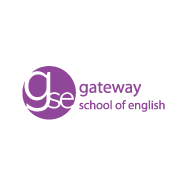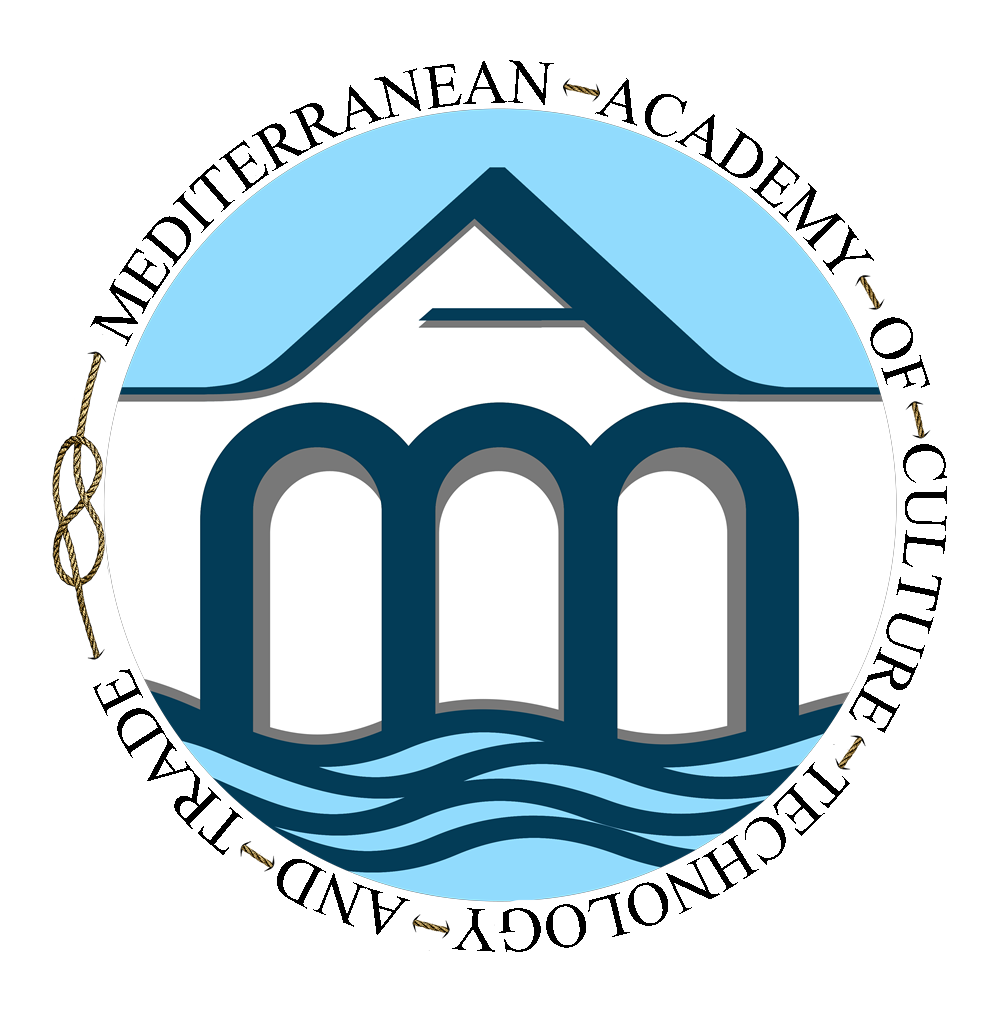Medical English is specifically used by healthcare professionals. He also deals with the communication techniques they need to work effectively with patients and colleagues.
Communication techniques and resources for healthcare professionals, with a medical background, are increasingly important.
Medical terminology is not enough.
Doctors, nurses, pharmacists and other professionals also need to know how to communicate clearly with patients and colleagues in the health sector.
Clear communication is correct to recognize health problems and make diagnoses, provide adequate treatments and avoid dangerous errors.












